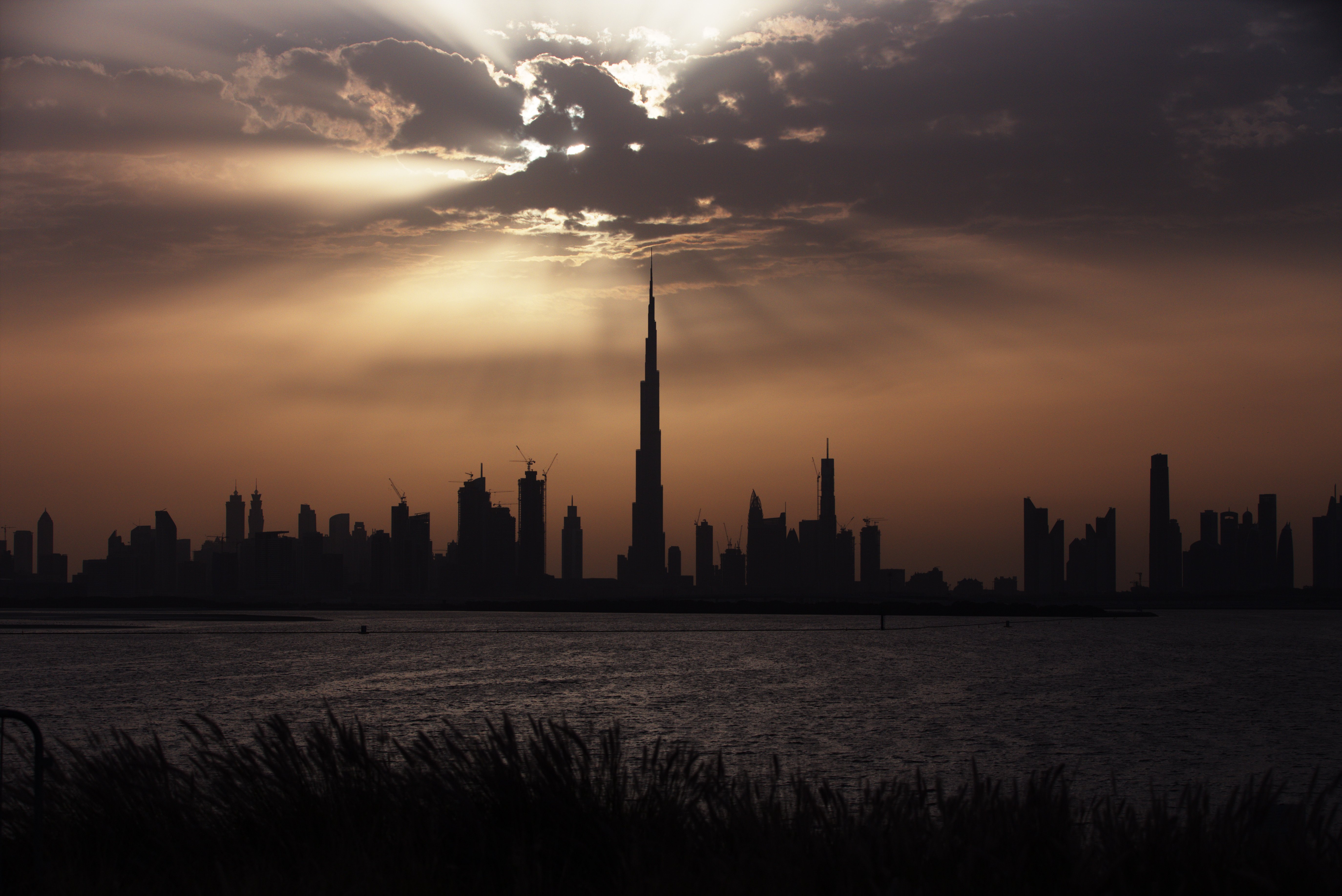🇦🇪map United Arab Emirates [Culture]

Historical Context
The UAE is a young federation with deep roots. Until 1971, the seven emirates were known as the Trucial States under British protection, and local economies revolved around pearling, small-scale oasis farming, and Gulf and Indian Ocean trade. The union on 2 December 1971 brought together Abu Dhabi, Dubai, Sharjah, Ras Al-Khaimah, Ajman, Umm Al-Qaiwain, and Fujairah under a federal system led by their ruling families. Oil revenues from the 1960s onward accelerated modernization, turning coastal towns into globalized cities while rulers emphasized both state-building and the preservation of Emirati heritage. That balance—rapid development alongside pride in Bedouin and seafaring traditions—still shapes national identity and public life today.
People and Demographics
The population is strikingly multiethnic, with Emirati citizens as a minority and large communities of foreign residents from across Asia, the Middle East, and beyond. Historically, trade drew people from Iran, India, and East Africa, and those waves of movement set a pattern for today’s diverse workforce. Most people live in coastal cities, where housing and neighborhoods often reflect social class, ethnicity, and nationality, while nationals and immigrants frequently occupy distinct areas. Generationally, you’ll meet young professionals educated through state-supported systems among citizens and a wide mix of skilled and semi-skilled migrants among expatriates, giving the cities a cosmopolitan but layered social feel.
Language and Communication
Arabic is the official language and a key marker of national identity, visible in public life and cultural events. In practice, the cities function in many languages because of the multinational population, and you’ll hear a blend of regional tongues in markets, workplaces, and neighborhoods. Communication norms reflect a value on respect and hospitality; politeness, patient listening, and measured tone go a long way in building rapport. Non-verbal cues matter too—greetings are warm but mindful of personal space, and it is customary to use the right hand when eating or offering items.
Social Values and Norms
Emirati society prizes hospitality, family cohesion, and respect for tradition under an Arab-Islamic cultural umbrella. Lunch remains an important family meal for many, and home-based socializing is common, especially around shared dishes of rice, fish, or meat. Social life often revolves around family networks, with deference to elders and communal decision-making still influential. Public behavior tends to be conservative; modest dress and courteous conduct are appreciated, and patience with formal processes is helpful in both business and daily life.
Religion and Spirituality
Islam shapes daily rhythms and social expectations, from dietary rules to hospitality customs like serving coffee and dates to guests. You’ll see religious influence in architecture—arched windows, gates, and design motifs—and in community life around mosques and traditional gatherings. Pork and alcohol are taboo in Muslim practice, and meat should be halal; many locals prefer to eat with the right hand, especially at traditional meals. While the society has modernized rapidly, religious values remain an anchor for public life and cultural continuity.
Social Acceptance and Inclusion
Society is broadly organized into citizens and foreign residents, and that distinction influences access to benefits, housing, and career paths. Nationals enjoy extensive state support, while expatriates span a wide range—from highly paid professionals to low-wage workers—each experiencing the country differently. Public norms are conservative, and people generally avoid contentious topics in mixed company, favoring harmony and respect. As a foreigner, you’ll find everyday interactions courteous and welcoming when you observe local customs and show cultural sensitivity.
Arts and Expression
Modern skylines sit alongside deliberate nods to heritage, as municipalities promote Arab-Islamic architectural elements in new developments. Traditional identity draws from Bedouin desert life and the maritime world of pearling and trade, and you’ll see that heritage celebrated in cultural venues and public events. In homes, hosting rituals—coffee, dates, and fragrant incense—carry deep meaning and speak to pride in local customs. The retail and leisure scene reflects global tastes, yet you’ll still find spaces dedicated to storytelling, crafts, and UAE history.
Social Life and Relationships
Hospitality is a hallmark; being offered coffee and dates is both ritual and welcome, and you’re expected to accept at least a taste as a sign of respect. Friendships often grow through family ties and trusted introductions, and the traditional majlis remains a forum for conversation and community. Etiquette encourages modest dress, restrained public affection, and a courteous tone, especially around elders. When gifting, keep it simple and thoughtful; present items with the right hand, and avoid anything that conflicts with Muslim taboos.
Education and Intellectualism
The state has invested heavily in education for citizens, producing a growing professional class through free schooling and university access. This investment is part of a broader social welfare model that also includes healthcare and housing support for nationals. Libraries, museums, and heritage centers underscore the push to modernize without losing touch with Emirati identity. For expatriates, you’ll find that the emphasis on learning and credentials is evident in professional settings and public discourse.
Integration for Foreigners
Integration is very achievable when you respect the local social fabric and understand that nationals and expatriates often move in parallel circles. Most newcomers build their networks through work, community associations, and neighborly ties in their part of the city. Learn the small courtesies—using the right hand to greet and give, accepting coffee and dates, dressing modestly in traditional areas—and you’ll find doors open. The country’s cities are fast-moving, but relationships are built on trust and respect, so patience and consistency are your best tools.
Liam
Liam is an international business advisor and expatriate consultant originally from Dublin, Ireland,
with over 16 years of experience in European, Middle Eastern, and Asia-Pacific markets. Having worked
for major global consulting firms and managed corporate relocations across the UK, Ireland, UAE, and
Oceania, Liam has extensive experience helping professionals navigate international assignments in
English-speaking markets and key business hubs. His background includes facilitating moves for both
European professionals expanding globally and international talent relocating to the UK, Ireland,
Australia, New Zealand, and the Gulf region.
Published: 2025-02-08